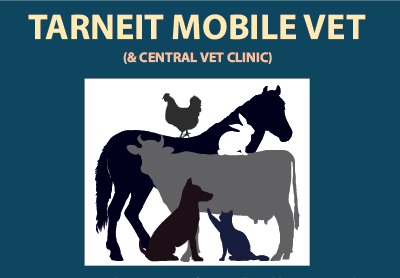Author: Dr Meredith Crowhurst (originally published on linkedIn)
As a vet, I saw two dog mouths today with horrible stinking teeth. One was so bad that the owners had noticed teeth fall out. And one side was so painful, the poor girl wouldn’t even let me lift the lip flap to have a proper look. There is no solution to curing a mouth in pain like this other than a dental procedure under anaesthetic and extracting abscessed teeth. In Australia, such a procedure can take more than an hour and cost well over $1000. A mouth just shouldn’t get to this point in the first place.
Many owners neglect to see teeth as part of the overall health of their animal.
You can save your pet and wallet a lot of heartache if:
1. You regularly check the state of his or her teeth (and get your vet to assess).
AND
2. At the first sign of tartar (a yellow-brown build up on the teeth) or gum disease, make use of the incentivised discounted fixed-price dental cleaning that many vet clinics offer for early stage dental disease. If you can stop the dental disease before there is significant gum involvement, it will be much easier to keep the teeth healthy long term.
AND
3. Institute a daily teeth care plan. And I know this can be difficult if you are struggling to even fit in cleaning your children’s teeth or any myriad of day-to-day activities.
But there are options:
Optimal:
a. Brushing the teeth daily – This is the gold standard. It is the most effective at preventing dental disease. Use a finger brush or a child’s toothbrush and brush the outside of the teeth once a day, preferably after eating. Use special pet toothpaste.
______________
Less effective:
b. Bones – Some people have always raised their dogs on bones for the teeth. In a few dogs, these work a treat. However, they don’t work for many animals. Some animals will preferably chew on one side, meaning there are teeth that get neglected. Still many more will have either diarrhoea, vomiting, or constipation. Bones can also contribute significantly to weight gain. And in worst case scenarios, bones can cause life-threatening blockages in the intestines. Most veterinary dental specialists also advise against bones because they frequently break teeth, which can cause tooth infections.
(If you wish to feed bones, please seek further advice on what types might be most appropriate for your pet.)
c. Prescription dental foods (e.g. Hills t/d, Royal Canin dental) – these have been scientifically formulated to be abrasive on the teeth and help keep tartar away.
d. Oral antiseptic mouth washes or water additives (e.g. Hexarinse, Aquadent)
e. Dental chews (e.g. OraVet chews, Dentastix, Greenies)
______________
When these aren’t enough or don’t work:
You might find that none of these options work, for whatever reason, such as a fussy pet! Or it may be that your pet has inherited bad teeth. OR has had previous bad dental disease. Or it might even eat its own poo and cover its mouth in all kinds of horrible bacteria! Such things may mean that your pet develops dental disease quicker than other animals. Dental disease can progress quite rapidly over the course of months. Such pets may need to have their teeth cleaned at a veterinary clinic every 6 to 12 months. There is no shame in this and it is better than having a mouth full of rotting teeth later in life.
***Disclaimer: Please see your veterinarian for dental advice specific to your pet.***
#
